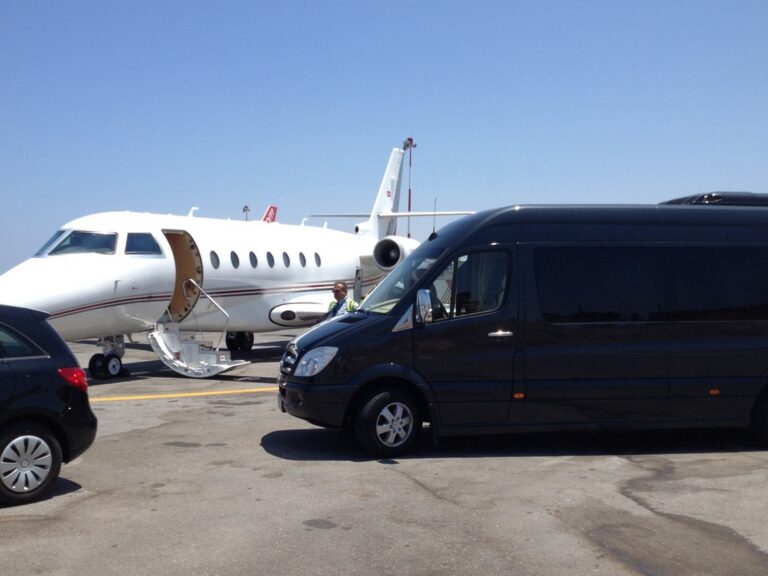In the developing land of worldwide trade, directing the complex web of customs regulations has become dominant for businesses.
In this case study we will see some aspects that lighten clients’ Challenges and Problems from an encounter with the Dubai Customs audit procedure. As businesses continue to develop internationally, understanding and the Lessons Learned from such audits becomes important. By dissevering the approaches, hurdles, and actions of this experience, we will untie a wall-hanging of lessons applicable to initiatives of all scales.
What is Custom Audit in Dubai?

A customs audit in Dubai is an inspection of financial records and other business records to ensure compliance with the applicable customs laws and regulations. It is conducted by the Dubai Customs authorities to verify the accuracy and completeness of import and export declarations submitted by businesses.
Purpose of Customs Audit in Dubai:
During a custom audit, officials review the financial records, transaction documents, and other relevant information provided by importers and exporters to ensure compliance with the applicable customs laws and regulations. The key objectives of a customs audit in Dubai include:
- Ensuring compliance: Verifying that businesses adhere to the applicable customs laws and regulations of Dubai.
- Accuracy of declarations: Checking the accuracy and completeness of import and export declarations submitted by businesses.
- Error detection: Identifying any discrepancies or errors in the declarations made by businesses.
- Proper duty payment: Ensuring that the correct amount of duty is paid on imported goods.
- Preventing illegal activities: Detecting and preventing fraud, smuggling, and other illegal activities related to the import and export of goods.
The customs audit process plays a crucial role in maintaining the integrity of Dubai’s customs procedures and preventing illicit activities in international trade.
Client’s Challenges and Problems during a Customs Audit in Dubai
Here are some Challenges and problems that Clients usually face during a Custom Audit in Dubai;
● Precise Assessment and Classification of Goods

One of the main challenges in a Dubai Customs Audit is precisely valuing and categorizing goods during import and export. Inappropriate assessment or classification can result in imprecise duty calculations, possible fines, or interruptions in clearing customs. This challenge becomes more noticeable when trading with goods of varying natures.
● Intricate Business Landscape and Geographic Diversity
Working within the various and fast-developing business landscape of Dubai presents substantial challenges for a Customs Audit. Companies engaging in cross-boundary trade often direct an intricate web of regulations, and customs processes due to Dubai’s tactical location as an international trade hub.
● Diverse Customs Regulations Across Areas
Dubai’s financial divergence has led to numerous industries working within its boundaries. Each area, whether it’s industrial, exchange, or service, may have diverse customs requirements and compliance responsibilities. Ensuring obedience to these varied guidelines becomes a challenge.
● Handling Linked Party Dealings
Companies are often involved in dealings with linked parties, and ensuring these dealings are at arm’s length and obey customs rules can be intricate. Signifying the fair value of such dealings and evading any insight into customs duty evasion becomes vital to maintaining compliance.
● Fluctuating Regulatory Landscape and Trade Contracts
Dubai’s trade rules and contracts are subject to fluctuations inclined by global trade dynamics. Businesses must incessantly observe these fluctuations to ensure they bring into line with the newest trade contracts and rules to benefit and avoid possible consequences.
What are the Approaches and Strategies we follow?
Here are some approaches and Strategies we usually follow for resolving client’s problems and challenges;
1. Custom-made Compliance Assessment
Our approach to determining client challenges in Dubai Customs Audits starts with a full understanding of each client’s exclusive business operations. We modify our compliance assessment to the explicit business, goods, and services involved. We ensure a correct assessment of customs compulsions and potential risks.
2. Detailed Regulatory Understandings
Our proficient team stays at the front of Dubai’s developing customs rules. We offer clients a full understanding of modern trade policies and trade contracts. It allows them to direct the intricate landscape with self-assurance and make conversant decisions.
3. Cooperative Proficiency
Our team comprises customs specialists, legal specialists, and business specialists who cooperate to offer all-inclusive solutions. We work carefully with clients to comprehend their explicit needs and provide tactical direction tailored to their exceptional circumstances.
4. Practical Risk Mitigation
Classifying possible risks and challenges is a keystone of our strategy. We actively investigate client processes to identify potential compliance gaps, associated party dealings, and other risk influences. This allows us to develop effective risk mitigation approaches and avert issues before they ascend.
5. Operative Documentation Management
A strong documentation system is vital in customs acquiescence. We guide clients in keeping complete and accurate records of import and export dealings. It ensures unified communication with customs authorities and signifying due diligence.
What are the Learned Lessons?
Here are some important lessons learned from an effective Dubai Customs audit experience;
● Practical Compliance Culture
Inspecting customs compliance as a continuing assurance and integrating it into the organizational culture adopts preparation and minimizes risk.
● Document Management
Keeping correct and well-prepared documentation is important for a smooth customs audit procedure. Clear records rationalize communication and ensure transparency.
● Technology Incorporation
Implementation of technology solutions improves precision in reporting and diminishes errors. Automation confirms precise data submission and improves competence.
● Employee Education

Consistent training sessions and workshops keep the staff updated on customs rules. It allows them to make well-versed decisions and keep compliance.
● Open Communication
Launching a practical and obliging association with customs authorities endorses transparency, helps in looking for clarifications, and resolves issues sharply.
Conclusion
The drive through our case study highlights the implication of careful preparation and proactive customs compliance. As businesses purpose for unified cross-border operations, the lessons gathered from this Dubai Customs audit experience stand as supervisory beacons. Embracing practices like those employed by Farahat & Co. can offer valuable understanding. Their skillful team ensures a strong compliance framework that not only overcomes audits but nurtures enduring companies with customs authorities.
Related Posts:
- 20 Best Gaming Headset Under 50$ 2024 - for PC, PS4,…
- Top 10 Best Modem For Gaming 2024 - For Optimum Gaming Speed
- 15 Best Dog Food For Allergies 2024 - Adult, Puppy…
- 12 Best Car Wax For Black Cars 2024 - Protection and…
- 15 Best Shoes for Walking on Concrete 2024 - Soft &…
- 10 Best External Hard Drive 2024 - Compatible With…







